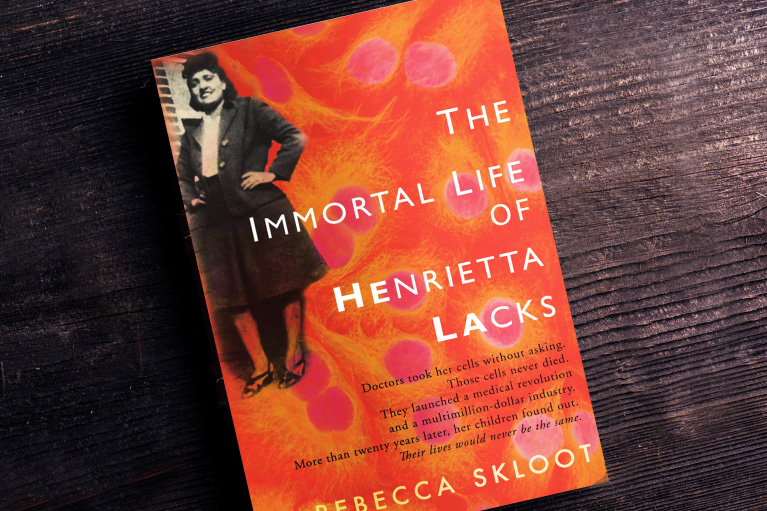Living in the world of medicine there is probably little way that you have gotten this far without hearing at least once of the cell line Hela. The first immortal human cells ever grown in a laboratory. This monumental discovery made possible some of the most important advances in medicine: the polio vaccine, chemotherapy, cloning, gene mapping, in vitro fertilization, to name a few. Hela continues to be the most commonly used human cell line in research to this day.
These immortal cells have helped save the lives of millions of people world-wide. All of which is why it was mentioned in your basic science classes in your undergrad. But what gets left out of this pivotal story is that the line was derived from cervical cancer cells taken without consent on February 8, 1951 from Henrietta Lacks, an African-American patient who died of her cancer in October of that same year. If you learn the story of the HeLa cells by itself, it’s a very different story than if you learn it alongside what happened to Henrietta and her family as a result of those cells.
Author Rebecca Skloot and her book The Immortal Life of Henrietta Lacks set out to do just that. Skloot will expend your knowledge of the history of the HeLa cell line, while probing deeply into racial and ethical issues in medicine. HeLa’s story will force a magnifying glass upon the reality that Henrietta’s cells have been bought and sold by the billions, yet she remains virtually unknown, and her family can’t even afford health insurance.
The Immortal Life of Henrietta Lacks tells a compelling story of scientific discovery and of a family consumed with questions about their mother. It’s a story “inextricably connected to the dark history of experimentation on African Americans, the birth of bioethics, and the legal battles over whether we control the stuff we’re made of.” Join with us as we read and discuss all of those things in our Doctors Book Club for September.








Leave A Comment